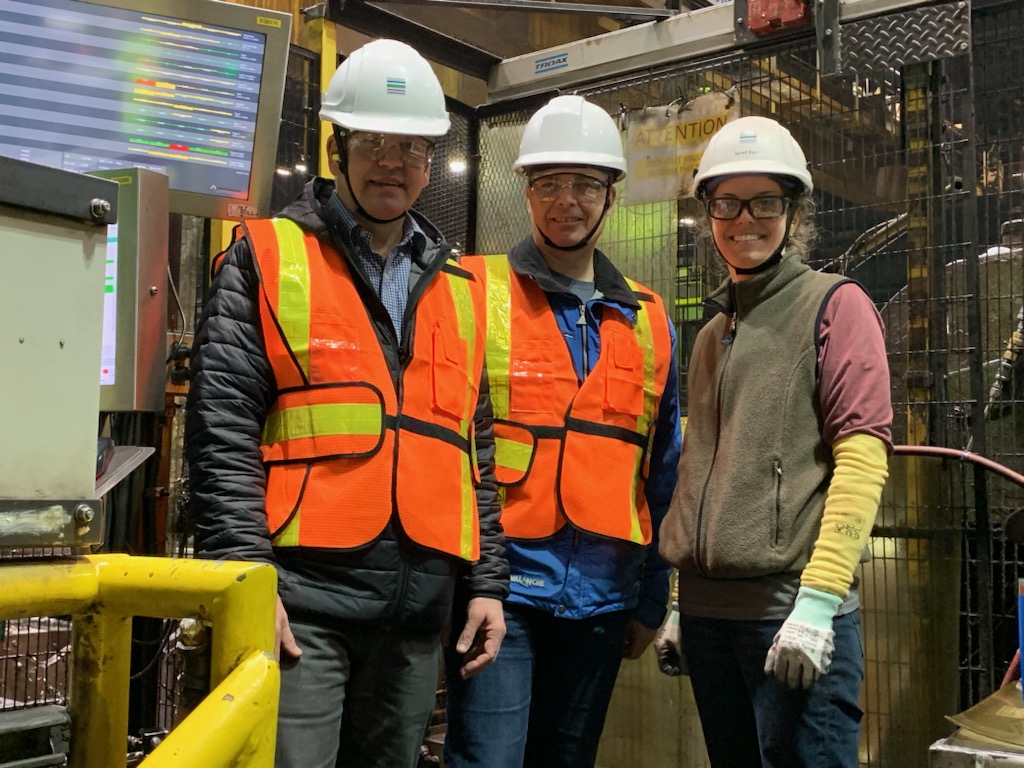USW Members Overwhelmingly Ratify Contract with Briggs & Stratton Bidder
Contact: R.J. Hufnagel, rhufnagel@usw.org, 412-562-2450
Members of United Steelworkers (USW) Local 2-232 voted overwhelmingly to ratify a new contract with a newly formed affiliate of KPS Capital Partners, an investment firm that is trying to purchase the Milwaukee-area manufacturing plant and other assets from bankrupt engine maker Briggs & Stratton.
The five-year contract agreement, which covers about 300 hourly workers, is contingent upon U.S. Bankruptcy Court approval of the sale to KPS and is not transferrable to another bidder. Briggs & Stratton filed for Chapter 11 bankruptcy protection in July.
“The USW supports the KPS bid, and we look forward to a long and productive partnership with the company here,” said Michael Bolton, director of the USW’s District 2, which includes tens of thousands of union members in Wisconsin and Michigan. “The company has a solid track record of success in running manufacturing facilities like this, and this contract will put the company and the workers on that same track.”
The agreement includes wage increases of more than 11 percent over the term of the contract and maintains the workers’ existing health care coverage. The contract also includes a strong retirement plan, increased sick and accident coverage, and the establishment of a voluntary employees’ beneficiary association (VEBA) to fund retiree health care coverage.
The new contract also includes a number of union-friendly provisions such as dues check-off, new employee orientation, and neutrality on union organizing in the event that the reorganized Briggs & Stratton owns or operates similar facilities.
“The USW is very familiar with KPS from its past operations and acquisitions,” said USW International President Tom Conway. “Our union will welcome their ownership, and we expect to have a strong relationship with the company as we work with them to turn this business around.”
The USW represents 850,000 workers in North America employed in many industries that include metals, mining, rubber, chemicals, paper, oil refining, the service, public and health care sectors and higher education.
By clicking Sign Up you're confirming that you agree with our Terms and Conditions.
Recent News Articles
Want to Learn More?
See how the USW is making a real difference in our communities and our workplaces.

